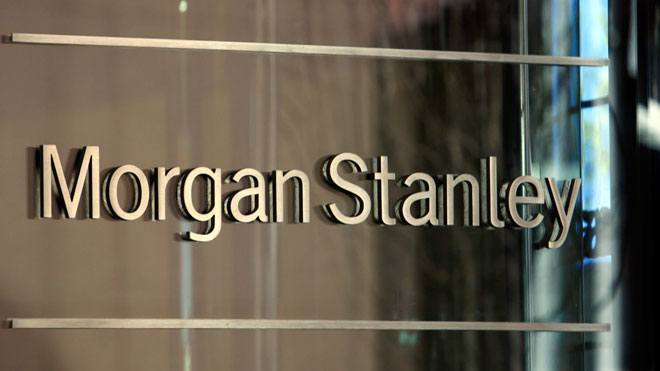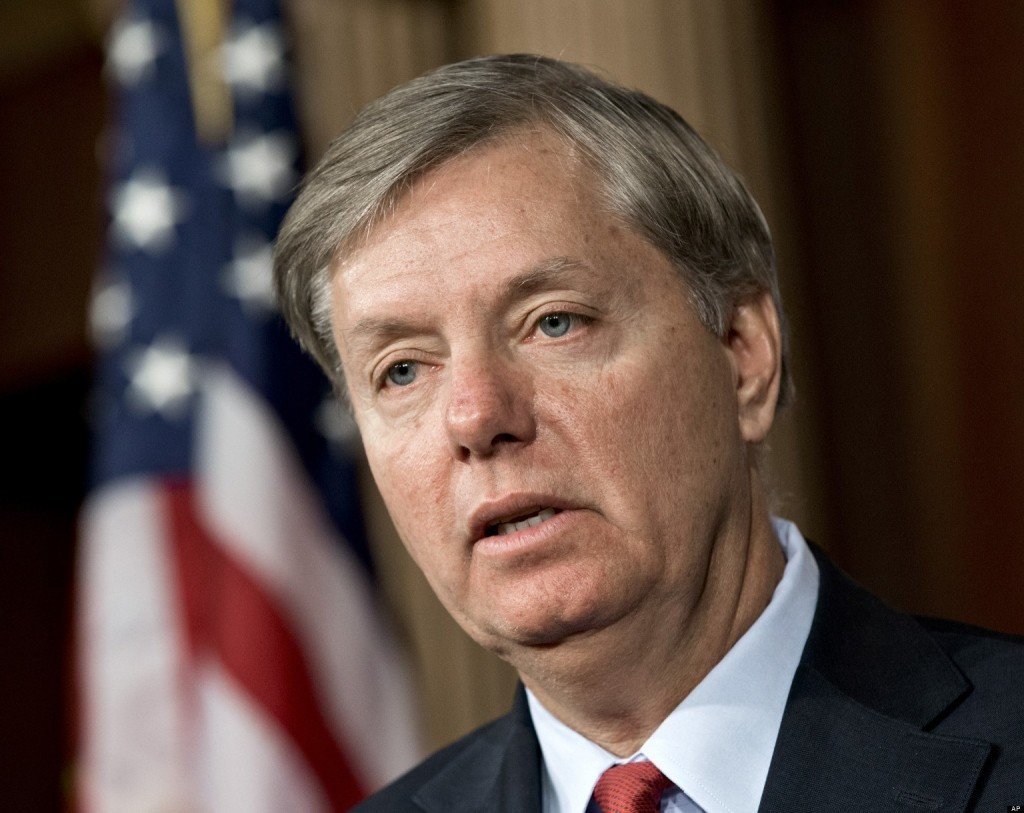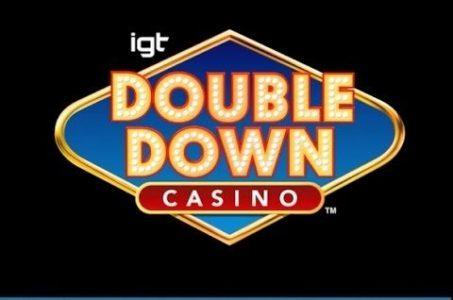Morgan Stanley Halves US iGaming Market Forecast
Posted on: April 1, 2015, 12:53h.
Last updated on: April 2, 2015, 01:16h.

Morgan Stanley has halved its estimation of the long-term value of American online gambling market in just six months.
The firm said in a report released on Tuesday that it predicted the market would be worth $2.7 billion by 2020, down by almost 50 percent on its September 2014 estimation.
The market will be worth $410 million in 2017, it suggested, down from $1.3 billion.
Underwhelming figures in Nevada, New Jersey and Delaware were creating a negative ripple effect on the emergence of new markets and an end-user demand, the firm said.
It had predicted that the three states would accumulate a combined $678 million in the first year operations, but the real figure was just $135 million.
The firm blamed factors such as payment processing and geo-location problems, ineffective advertising and the influence of the offshore market for the poor results that led to the downgrade.
Legislation Slow
“We continue to believe that there is a material runway for growth, but results have been disappointing,” it said. “Legislative processes continue to be slow as lawmakers remain unconvinced that online gaming is currently worth the hassle for limited tax revenue.”
Poor results were, in turn, dissuading other states from opting to legalize and regulate online gaming, leading the financial analyst to alter its forecast of the number of states that will come on board by 2020.
Last September Morgan Stanley said it expected 20 new jurisdictions across America within the next six years, a figure that has now been revised to 15.
Furthermore, it expects no state to pass regulation this year, although California, Pennsylvania, New York and Illinois should do so in next few years, it said.
Danger from RAWA

The company also said that the Restoration of America’s Wire Act, which remains unlikely to pass, should nevertheless be regarded with caution, particularly if it establishes a carve-out for lotteries.
“We believe a federal ban of online gaming is unlikely given legislators’ split views,” the company said. “However, a recent hearing in a House Judiciary subcommittee on (U.S. Rep.) Jason Chaffetz’s proposal for a ban suggests it could be gaining momentum.
While the bill may advance out of committee, we believe it faces long odds of passing, especially without carve-outs for online lotteries and existing online gaming states.”
The North American Association of State and Provincial Lotteries (NASPL) remains strongly opposed to RAWA, as the legislation seeks to prohibit the online lottery ticket sales which have been adopted by many states nationwide.
Recently, RAWA proponent Congressman Lindsay Graham (R-SC) has indicated that he would not be opposed to giving state lotteries a carve-out, potentially making the legislation more palatable to lawmakers.
Related News Articles
Most Popular
VEGAS MYTHS BUSTED: Sinatra Got His Teeth Knocked Out by a Casino Exec
Museum Extends Passenger Service on Las Vegas Hoover Dam Railroad
Sports Betting M&A to Be Driven by New Products, Tech, Says Expert
Lisa Vanderpump Buys $5M Vegas Mansion
Most Commented
-
UPDATE: Giant Naked Donald Trump Removed from Side of Las Vegas Freeway
— October 1, 2024 — 17 Comments -
VEGAS MYTHS RE-BUSTED: Las Vegas is in Imminent Danger of Running Out of Water
— September 27, 2024 — 11 Comments -
LOST VEGAS: Bobby Berosini’s Orangutans
— October 2, 2024 — 5 Comments -
LOST VEGAS: Art Bell’s House and Radio Compound
— September 16, 2024 — 3 Comments -
VEGAS MYTHS RE-BUSTED: The Final Resting Place of Whiskey Pete
— October 25, 2024 — 3 Comments
















No comments yet